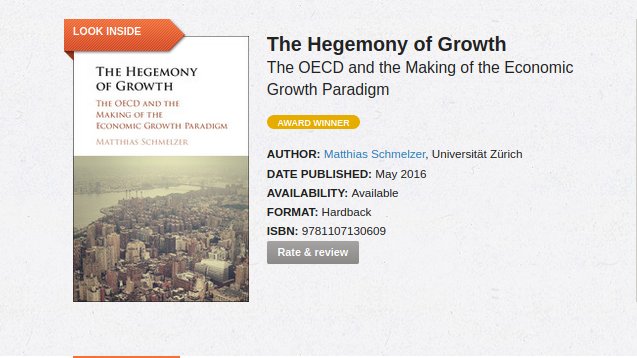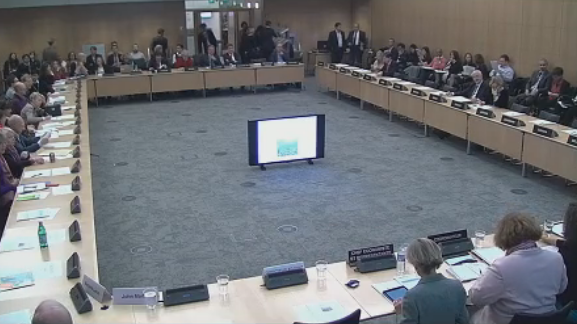This crisis shows, how much we take growth for granted: its natural, necessary & good. However, this view is rather new. How did it emerge?
5 years ago, I published a book on this @CambridgeUP. Thread 1/

opendemocracy.net/en/oureconomy/…
routledge.com/History-of-the…
video.oecd.org/2134/or/NAEC-T…


LINKS to all: oecdhistoryproject.net/output/schmelz… /12





